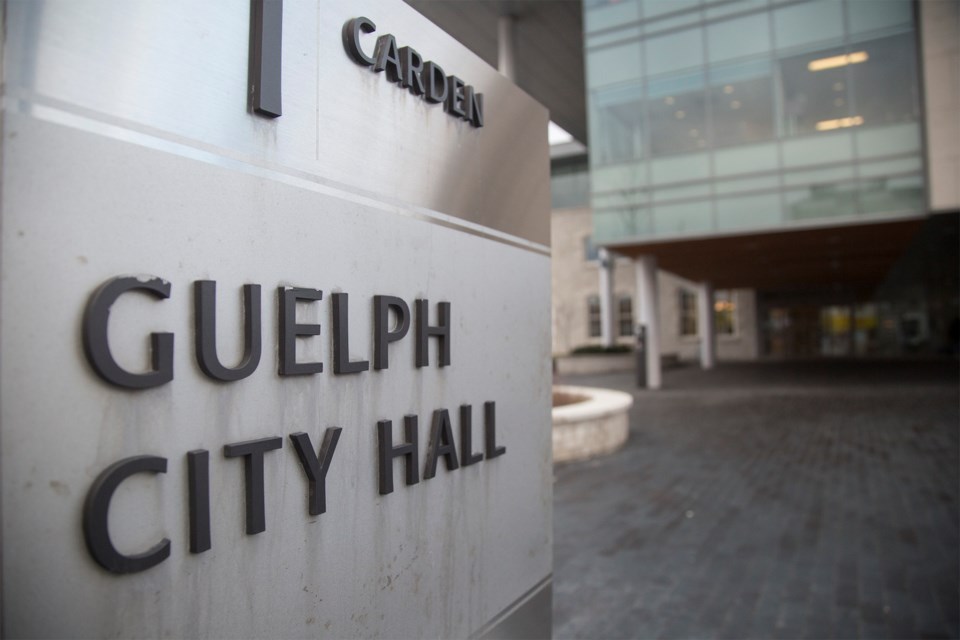Implementing a vacant home tax in Guelph could prove to be more trouble than it’s worth, with a lot of variables at play, caution city consultants.
In a report released on Friday, consultants neither recommend nor discourage the idea of taxing the owners of buildings left uninhabited or otherwise unused, though it does point to several potential pitfalls.
“The decision to implement a VHT (vacant home tax) is not something that can be made lightly,” the report states, adding later, “This is an extremely complex issue with no correct answers.”
VHTs are an additional charge levied against qualifying property owners, above and beyond regular property taxes, though it’s up to municipal councils to decide what those qualifications are.
Typically, properties left unoccupied for more than six months are considered vacant, an accompanying staff report notes.
“The objective is to incentivize property owners to rent or sell vacant residential units thus increasing the housing supply,” that report states. “With rising concerns about housing affordability and accessibility for both residents and students, the issue of housing supply in Guelph has become increasingly pressing.”
The key questions for elected officials to consider, consultants say, is whether there are enough properties in the city being withheld from the long-term rental market to justify such a tax and the extent to which implementing a VHT would change that.
Neither city staff nor the consultants provide an estimate of the number of vacant properties in Guelph.
There are several other factors council should consider, consultants say.
They are:
Potential revenue versus expected costs – would the fees pay for administration of the program?
Legacy costs if program implemented, then cancelled – new staff hired, or for whom a change is pay grade is awarded, leading to potential severance pay
Reputation – “implementing then suspending a VHT program could be seen as an admission that the decision to implement the program in the first place was ill conceived, ineffective and should never have been done in the first place.”
Should city council decide to implement a VHT, approval is needed from the Minister of Finance before it could be implemented.
At this point, only two Ontario municipalities have a vacant home tax – Toronto and Ottawa – though it’s being considered in several others, the consultants explain. Hamilton is set to implement a VHT next year.
In both the existing examples, the VHT fee is one per cent of the property’s assessed value. Every residential unit owner is required to file a declaration of occupancy annually and if they don’t, the VHT is automatically applied.
In addition, both cases include stipulations that any revenue beyond what’s needed to operate the program be directed toward funding affordable housing projects.
Some municipalities have considered a vacant home tax but opted not to go that route, the consultants continue without identifying those municipalities.
Reasons cited in the report include a lack of understanding about the need, the number of vacant properties did not warrant the cost of implementing a VHT and approving a tax was deemed to “not appreciatively” increase the number of properties available for long-term rentals.
“In other words, these municipalities reached the conclusion that the merits of imposing a VHT in their jurisdictions did not warrant the cost, complexity, and time required to do so,” the report states.
In the end, it comes down to whether council believes Guelph residents view the tax as necessary and fair.
